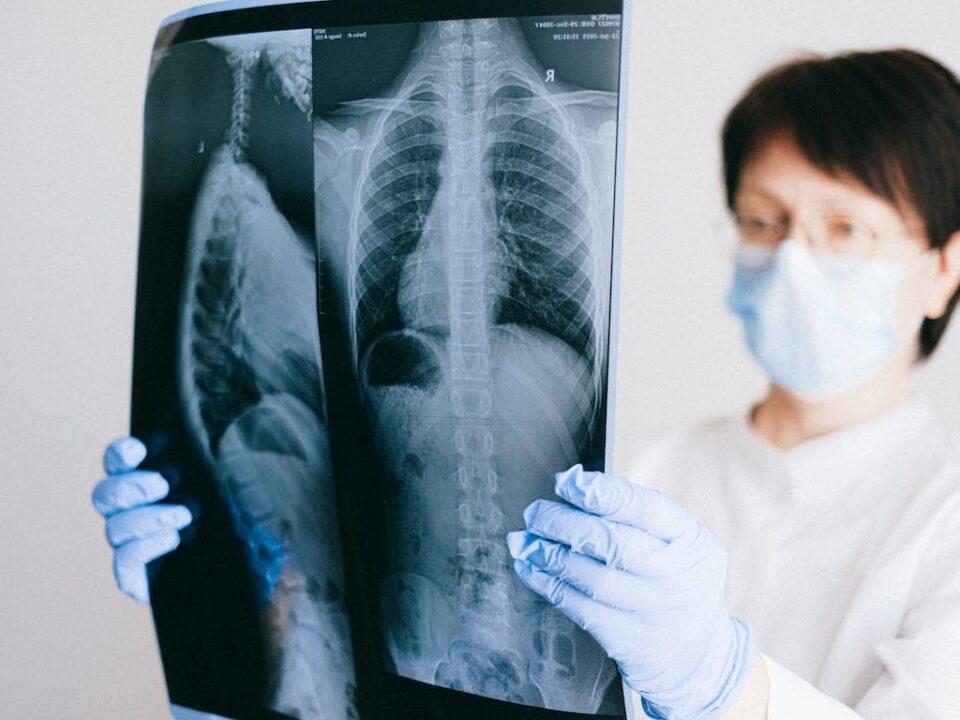Cancer is a complex group of diseases characterized by the uncontrolled growth and spread of abnormal cells. Early detection and treatment are crucial for improving outcomes, so it’s important to be aware of the signs and symptoms of cancer. Additionally, recent advancements in cancer treatment, such as immunotherapy, are changing the landscape of cancer care. Here’s a look at signs of cancer and key facts about immunotherapy:
Signs of Cancer
Unexplained Weight Loss: Significant and unexplained weight loss, especially without dieting or exercise, can be a sign of various types of cancer, such as pancreatic, stomach, esophageal, or lung cancer.
Changes in Skin: Changes in the size, shape, or color of moles or skin lesions, as well as new skin growths or sores that don’t heal, can be indicators of skin cancer, such as melanoma.
Persistent Fatigue: Ongoing fatigue that doesn’t improve with rest can be a symptom of many types of cancer, including leukemia, colon, or stomach cancer.
Persistent Cough or Hoarseness: A cough that doesn’t go away or hoarseness that lasts for an extended period can be a sign of lung, throat, or thyroid cancer.
Changes in Bowel or Bladder Habits: Changes in bowel habits, such as diarrhea, constipation, or changes in the size or shape of stools, as well as blood in the stool or urine, can be signs of colorectal, bladder, or kidney cancer.
Difficulty Swallowing: Difficulty swallowing, also known as dysphagia, can be a symptom of throat, stomach, or esophageal cancer.
Unexplained Pain: Persistent and unexplained pain, especially in the bones or back, can be a sign of bone, brain, or other cancers that have spread.
Lumps or Changes in Breast Tissue: Any changes in the size, shape, or texture of breast tissue, as well as the development of lumps or skin changes, should be evaluated by a healthcare professional to rule out breast cancer.
Facts About Immunotherapy
Boosts the Immune System: Immunotherapy works by boosting the body’s natural defenses to recognize and attack cancer cells more effectively.
Different Types of Immunotherapy: There are several types of immunotherapy, including checkpoint inhibitors, CAR-T cell therapy, and cancer vaccines, each targeting different aspects of the immune response against cancer.
Approved for Various Cancers: Immunotherapy has been approved for use in a variety of cancers, including melanoma, lung cancer, bladder cancer, and certain types of lymphoma and leukemia.
Side Effects: While generally well-tolerated, immunotherapy can cause side effects, including fatigue, skin rashes, diarrhea, and flu-like symptoms. More serious side effects, such as inflammation of organs, can occur but are less common.
Personalized Treatment: Immunotherapy is a form of personalized medicine, tailored to each patient’s specific cancer type and immune system, which can lead to better outcomes.
Combination Therapy: Immunotherapy is often used in combination with other cancer treatments, such as chemotherapy or targeted therapy, to enhance its effectiveness.
Ongoing Research: The field of immunotherapy is rapidly evolving, with ongoing research focused on improving its effectiveness, reducing side effects, and expanding its use to more types of cancer.
In conclusion, being aware of the signs and symptoms of cancer can lead to earlier detection and better outcomes. Immunotherapy represents a promising new approach to cancer treatment, offering new hope to patients and changing the way we fight cancer.

